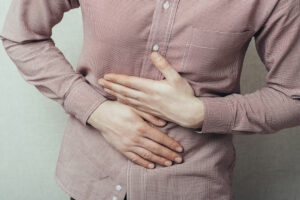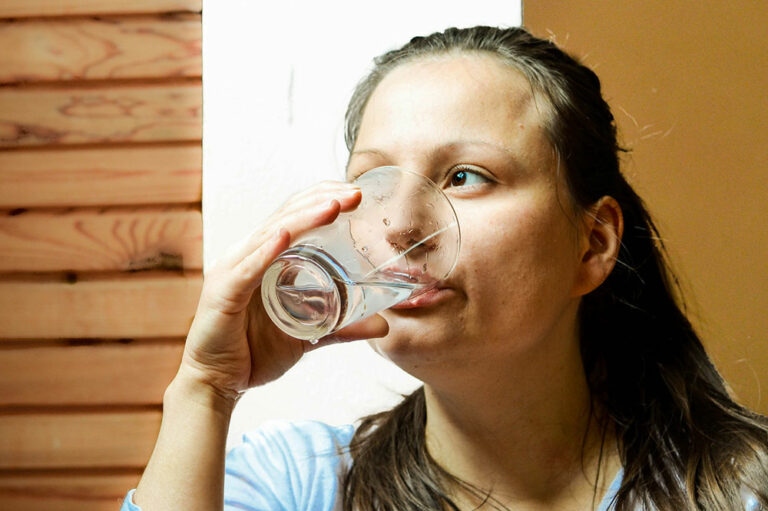Reproduction is a complicated process. Men and women must equally be healthy and fertile to start the process of conception from a single-cell embryo to a fully grown baby. That said, daily nutrition and lifestyle choices also impact an individual’s fertility process, blood flow, gut, and overall health. So, nutritionists recommend including certain fertility-boosting foods that increase the chances of getting pregnant. Here are ten superfoods to try and achieve successful conception.
Pineapple
Several studies are indicative of the benefits of eating raw pineapple. It is rich in vitamin C and bromelain, a plant compound that counters inflammation that affects fertility and prevents the body from suppressing ovulation.
Eggs
Egg yolks contain omega-3 fatty acids, a compound that promotes anti-inflammatory responses in the body. In addition, eggs are loaded with iron, calcium, vitamin B, zinc, and other fertility-enhancing nutrients.
Citrus-rich fruits
Oranges and grapefruits are the two most potent vitamin C-rich fruits that also boast potassium, calcium, and B vitamins content. The nutrients help regulate ovulation, create a suitable environment for the eggs, and increase sperm production.
Pomegranates
Studies done on men to test sperm motility showed the group that included pomegranates or its extract in daily meal plans had better chances of producing sperm that can conceive. The fruit is also a rich source of polyphenols, a potent antioxidant that prevents oxidative damage to the sperm.
Lentils and beans
Lentils are a rich source of polyamine spermidine, a potent antioxidant that prevents oxidative stress from affecting the quality of sperm. Also, beans contain fiber and folates that boost hormonal health to promote better fertility.
Sunflower seeds
Roasted sunflower seeds are a rich source of omega 3, and omega 6 healthy fats, folates, and selenium that promote fertility in both men and women. Sunflower seed butter is also an acceptable alternative.
Dairy
Full-fat dairy is a readily available source of fat-soluble vitamins, including vitamins A, D, E, K, and K2, that help prevent ovulation problems, thus increasing the chances of conception.
Oysters
In many cultures, oysters have been considered a natural aphrodisiac. They also contain fertility-boosting nutrients, including vitamin B12, zinc, iron, and selenium.
Whole grains
Whole grains like barley, quinoa, oat, rye, and buckwheat get digested slowly and don’t trigger any spikes in blood sugar levels, thus lowering the risk of health complications that affect conception.
Salmon
Salmon is a rich source of lean proteins and healthy omega-3 fatty acids. It also has low levels of mercury that improve the chances of natural conception.

















